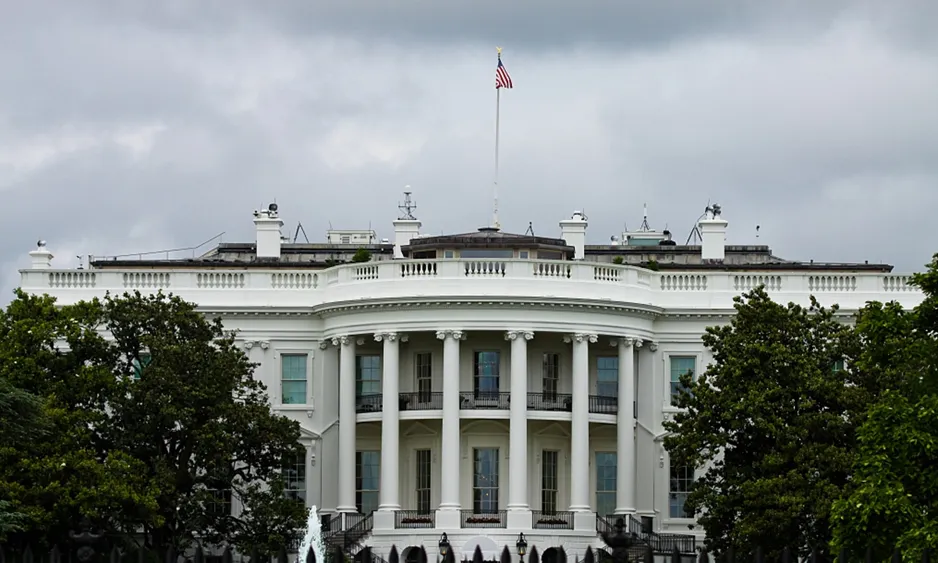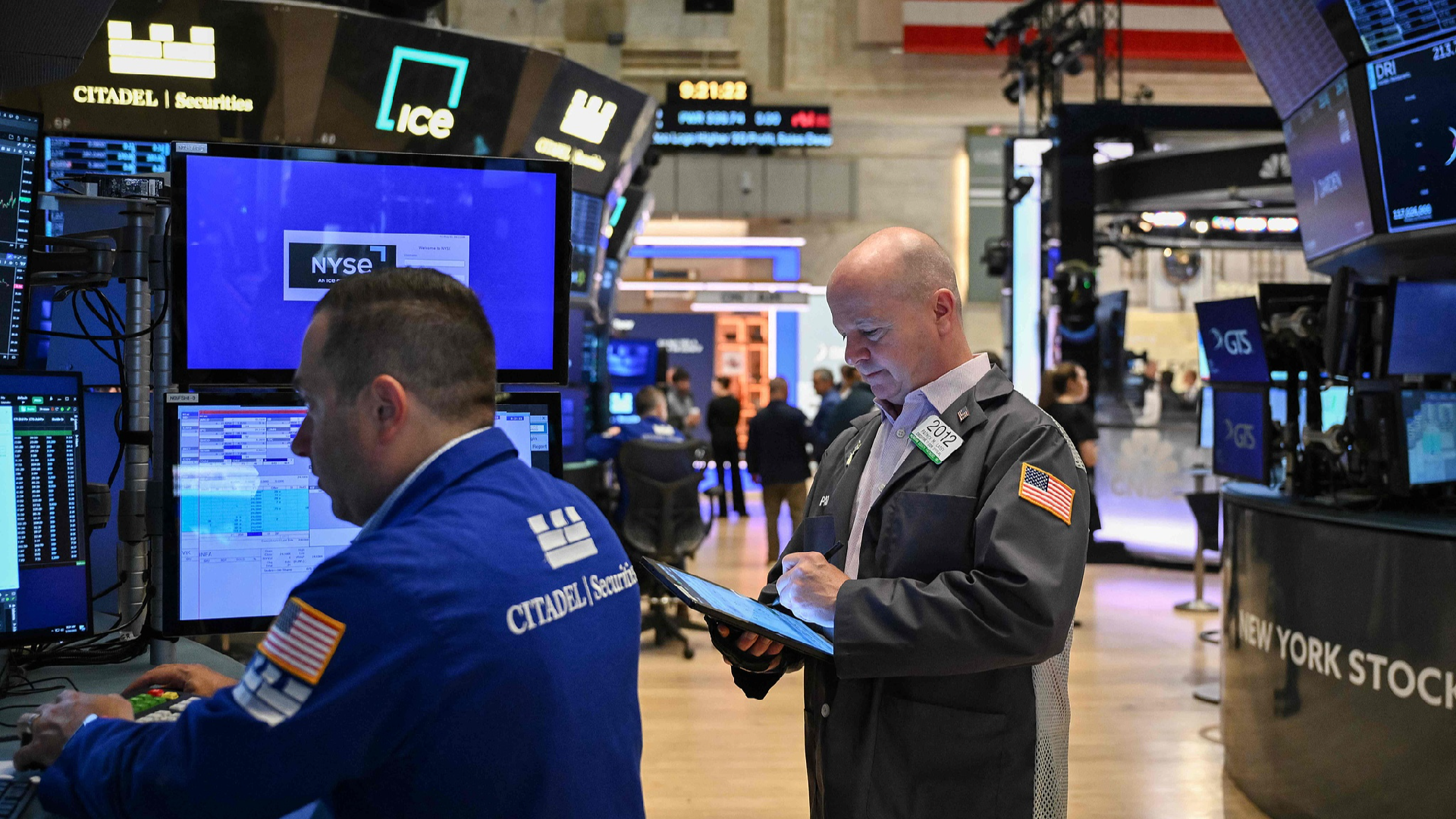Taiwan Faces Sarcasm as US 20 Percent Tariff Squeezes Economy

The recent announcement by the White House imposing a 20 percent tariff on exports from Taiwan has ignited significant debate on the island, raising alarms over its potential impacts on economic stability and competitive standing in international trade.
This tariff, which surpasses the 15 percent levies placed on Japan and South Korea, has prompted local media outlets to generate coverage that likened the situation to 'squeezing a lemon.' In social media circles, netizens have derided the tariff as evidence of the Democratic Progressive Party's willingness to appease the United States.
Beginning on August 7, Taiwan's exports to the US will face this hefty 20 percent levy, a move set forth in an executive order by President Donald Trump. This rate is notably higher than that applied to the European Union at 15 percent and the 19 percent imposed on the Philippines.
The timing of the announcement coincided with a critical deadline for nations to negotiate tariff agreements with the US, feeling the pressure as Friday marked the last opportunity for adjustments.
Following the tariff news, the Taiwan Stock Exchange registered an immediate reaction, opening at 23,318.37, down 224.15 points. Notably, the Taiwan Semiconductor Manufacturing Company opened at NT$1,145, representing a decline of NT$15.
Local media extensively covered the new tariff, referencing a report from Politico that suggested Taiwan is being 'squeezed like a lemon' amid US trade negotiations. The source implies that the US seeks comprehensive access to Taiwanese markets.
Discussions on PTT, a Taiwanese online forum, escalated significantly with users responding to the new tariff by ironically calling it a 'great success.' Meanwhile, others conveyed their anxieties regarding diminished stock market performance and Taiwan's competitive edge.
Commenters have drawn comparisons between Taiwan's 20 percent tariff and the lower rates faced by Japan and South Korea, cautioning that this could lead to a shift in orders toward competing nations.
Taipei Mayor Chiang Wan-an voiced his criticism, suggesting that the higher tariff rate demonstrates a failure in governance from the island's leadership. He urged unity among the populace, contrasting it with internal conflict led by regional leaders and the ruling DPP.
According to Mayor Chiang, the cumulative impact of the 20 percent 'reciprocal tariff' and a 12 percent decline in exchange rate has severely eroded the competitiveness of Taiwanese firms, leading to substantial financial setbacks.
Read These Next

Stability in Share Capital: Implications of Unchanged Equity
The annual report indicates a period of stability in share capital, revealing unchanged figures and compliance with regulations, while raising questions about potential stagnation and market engagement.

US Stocks Slip as Trump Tariff Deadline Approaches
US stocks fell on Aug 1, 2025, amid tariff concerns from Trump, with the Dow and S&P 500 declining due to inflation worries.

China Ruyi Holdings: Growth via Strategic Capital Raising
Commentary on recent share issuance by China Ruyi Holdings Limited, examining its significance alongside financial and regulatory implications.
